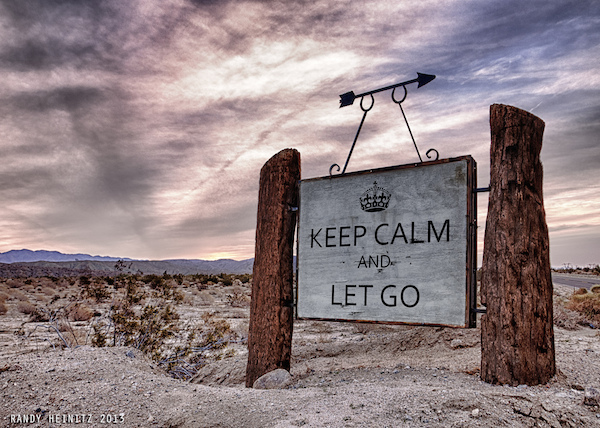In the last entry we looked at the ways in which we exert control on others, ourselves, and our environment. Today, we look closer at what leads us to crave control and then, later, how seeking counseling can help in moving away from control and being at peace with the randomness of our lives.
What leads us to want so much control?
When we feel out of control, we experience a powerful and very uncomfortable tension between the need for control and the growing awareness of our inability to control. From an evolutionary perspective, if we are in control of our environment, then we have a far better chance of survival (if we could find a cave and secure the opening, we wouldn’t be attacked and eaten by a wild animal while we sleep). Our deep subconscious mind, therefore, gives us strong biochemical responses (fight/flight/freeze reactions) when we face some kind of danger, or in modern times, a perceived danger.
Other needs that lead to an urge for control include:
The need for a sense of certainty about the future.
The need for completion of unfinished things, so we don't have to worry about them..
The need to understand how things work and to avoid confusion.
The need for people (including ourselves) and things to be consistent and predictable.
Control issues may be related to:
Traumatic or abusive life experiences
A lack of trust
Anxiety
Fears of abandonment
Low or damaged self-esteem
A person's beliefs, values, and faith
Perfectionism and the fear of failure
Emotional sensitivity and the fear of experiencing painful emotions
Someone who struggles with a need for control may experience shame, anxiety, stress, depression, and a host of other mental health concerns.
Now that we have a greater understanding of how the urge for control is built in us, Let’s look at how psychotherapy can help relieve us from this heavy emotional energy drain.
How can Psychotherapy Help?
Addressing control issues in therapy involves unraveling and revealing the source of the need for control (which can be very different for each of us). In therapy we work together to address the underlying fear, emotions, or anxiety, and develop coping strategies. This process of increasing self-awareness can help a person begin letting go of the need for control.
Therapy can help a person identify the self-protective nature of the need for control (and realize that it comes naturally and is very normal, just not beneficial).
For example, maybe a person’s parents were absent or emotionally unavailable in childhood, or maybe their childhood home wasn’t a stable place. Emotional or physical instability and a lack of choices or independence can lead a person to seek control over other aspects of life. Recognizing and addressing this source of distress in therapy will help the person build the ability for self-compassion and embrace that part of themselves that needs protection and feels vulnerable.
How do you begin the process to heal?
It begins with finding out the “why’ behind the control issue.
Start with taking notice when your control stuff comes up so you can identify the self-protective nature it serves (what are you trying to avoid by seizing control? What is your fear?).
These are some questions to ask yourself in this process (remember to be compassionate and honest with yourself):
Why am I triggered or why did I get triggered? (not in a blaming or shaming way, but solely from a place of curiosity)
When was the first time that I noticed this feeling present itself to me from my earliest memories and how did I cope with it at that time?
What about this situation feels similar to when I was a child?
Once you are able to identify when/where in your life this was created ½ the battle of control is over. Then you bring yourself into the present moment and go deeper:
Am I looking at the whole picture?
Am I reacting from expecting the worst from a situation?
What am I afraid will happen if I let go of control?
Am I really ready to let go of control?
Would letting go feel better than this?
What will I gain if I let go?
The answers to these questions can lead you to work toward addressing the fear which gives the urge for control its energy (control is just the symptom of fear) and also open yourself up to the possibility of a better way to move through life.
Consider talking to someone that can provide you a safe space to address the fears leading to the unhealthy urge for control.
For help moving toward a more peaceful life, please contact me at (717) 288-5064 / gregghammond@restoringbalancelancaster.com and take the opportunity to make letting go of control a lot more comfortable!!
Click on this blog post’s title to like, comment, or share.


